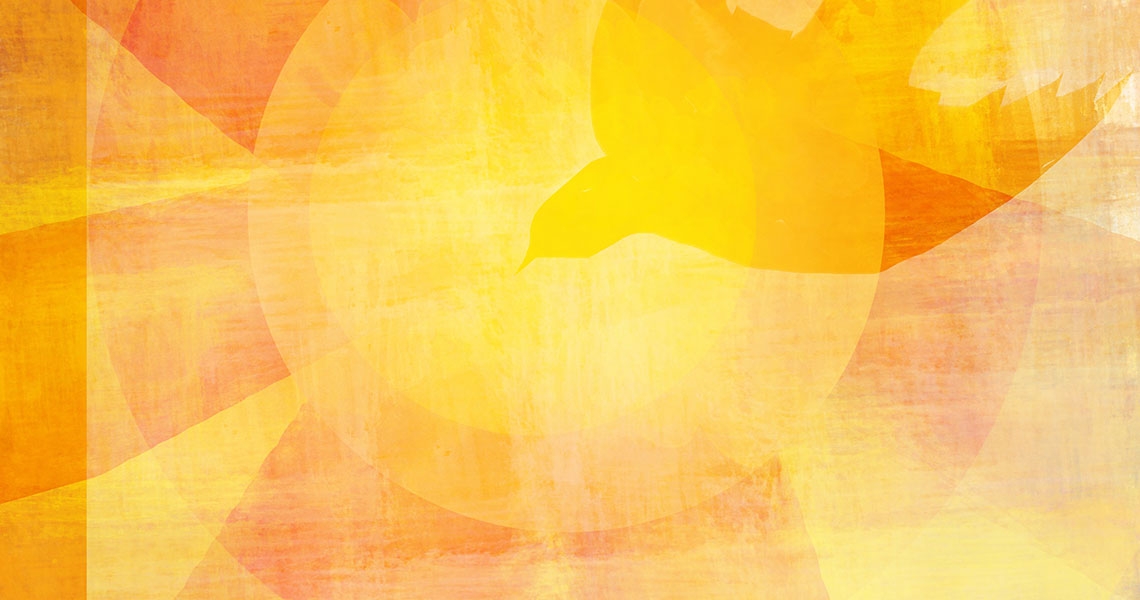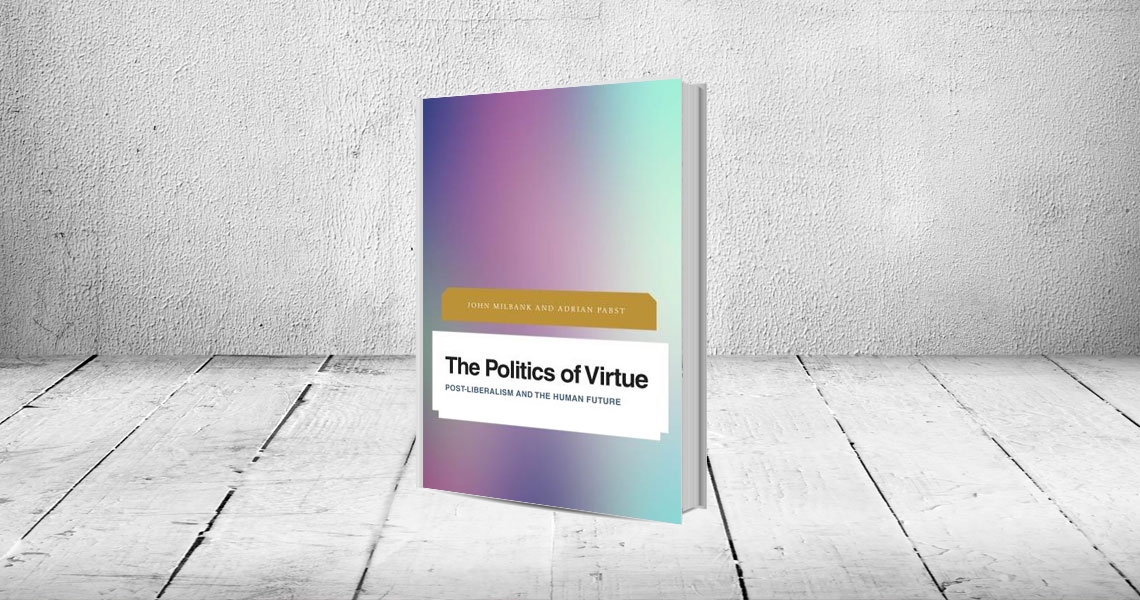1. The myth of the state...
2. The myth of civil society...
3. The myth of globalisation...
4. An Eucharistic counter politics
5. Reflections, comments, and questions
Is there a way forward? For Cavanaugh the only fruitful way forward in this context is "to tap the theological resources of the Christian tradition for more radical imaginings of space and time ... around which to enact communities of solidarity and resistance."[19] He finds these more radical imaginations - which can expose the false theologies of our times - primarily in the Eucharist, in a "Eucharistic counter politics."
At the Eucharist the church is created, it becomes a body of a peculiar type: the body of Christ. It is body that transfigures space by overcoming privatization and comodification of the faith, a body which in itself is a true public space and enacts an alternative vision of community, a body that is truly catholic in that it becomes more universal the more it is tied a concrete, local community. It is a also a body which transfigures time by living with a dangerous "memory of the future", a memory of the future that makes it easier to see through false claims of sovereignty and that gives an eschatological anticipation of a new world which interrupts the homogeneous, empty time of the nation-state and the market, a time with unrelated presents, a time without end, without a telos.
Through the Eucharist, through this transfiguration of space and time, we can, says Cavanaugh, start to see the church, not so much as an organisation, but as a drama, a pilgrimage (using itineraries rather than maps) through time and space, on foot, so to speak, in close contact with real human beings.
Notes
[19] Theopolitical Imagination, p. 4.







